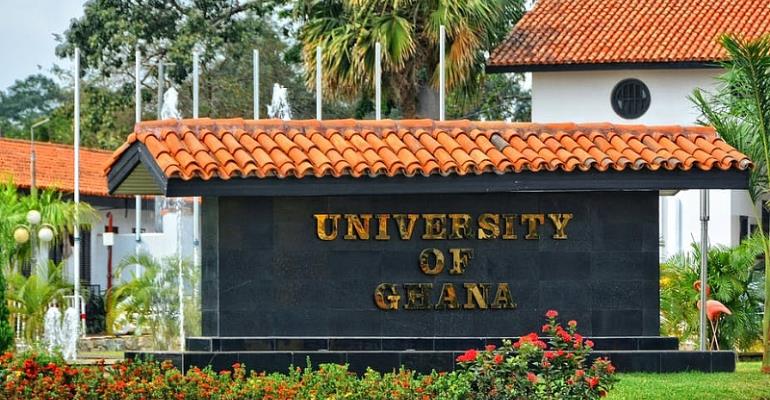The University of Ghana (UG) has refuted a media report alleging that the institution overstated employee compensation by GH¢59.2 million between 2022 and 2024.
Describing the claim — reported in a May 16, 2025 Joy News article — as a misrepresentation of facts, the University said the story misleads the public and distorts the institution’s financial operations.
The report, which cited findings from the Auditor-General’s report, suggested that irregularities in UG’s payroll were cause for concern.
However, in a detailed press release issued on Friday, May 16, the University clarified that the purported GH¢59.24 million “disallowance” arose from a fundamental misunderstanding of its dual payroll system.
UG explained that it operates two separate payroll structures: the Government of Ghana (GoG) payroll, which covers state-funded salaries, and an Internally Generated Funds (IGF) payroll used to compensate faculty and staff employed through internally mobilised resources.
These include retired professors working under post-retirement contracts — a practice the University noted is fully sanctioned by Cabinet.
“These were not irregular or unaccounted expenditures,” the statement emphasised, “but essential payments made transparently in accordance with public financial reporting standards.”
The University further explained that the IGF payroll is not a request for GoG reimbursement but is included in audit reports for the sake of transparency — a fact UG says is well understood by the Audit Service.
UG accused the Special Audit Report of failing to distinguish between the two payrolls, instead presenting an aggregated figure that falsely suggests an overstatement in compensation costs.
Providing broader context, the University highlighted major staffing challenges. Between August 2021 and 2024, a total of 887 employees exited the institution, while only 102 new hires received government clearance in 2024. During the same period, student enrolment increased significantly — from 61,640 in 2021 to over 76,000 by 2023 — prompting the University to act swiftly.
“In the absence of government financial clearance, we had to recruit qualified personnel through IGF to maintain academic standards and ensure continuity,” the statement explained.
UG also expressed disappointment that Joy News did not reach out to the institution for comment before publishing the article.
“This failure undermines the ethics of journalism,” the statement read, warning that such reporting risks damaging the University’s reputation and misleading the public.
The University reiterated its full compliance with financial regulations, including Section 48 of the Public Financial Management Act, 2016 (Act 921), and highlighted its ongoing cooperation with national oversight institutions.
It also underscored its broader commitment to responsible governance, as reflected in its 2024–2029 Strategic Plan, specifically under Strategic Priority 5 (SP5), which focuses on sustainable resource management.
UG urged the public to disregard what it called a “false narrative” and encouraged journalists to seek balanced perspectives in their reporting.
“The University of Ghana remains committed to transparency, accountability, and the highest standards of education and institutional integrity,” the statement said.
